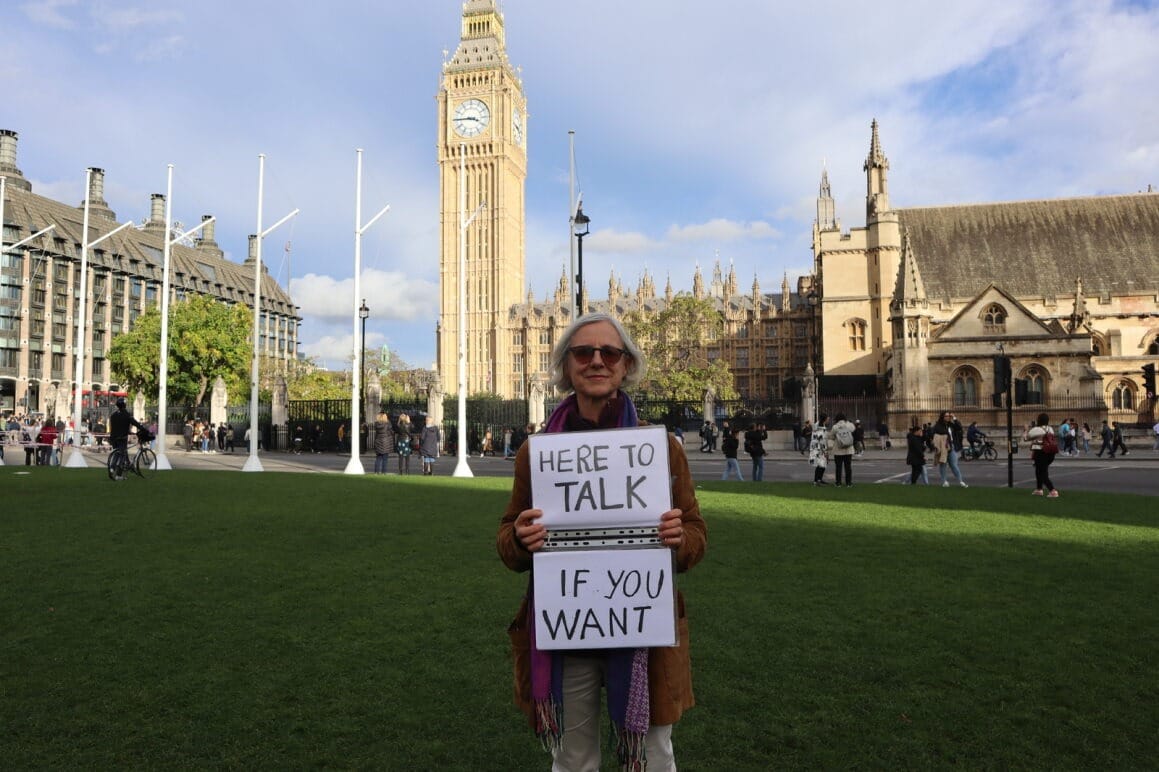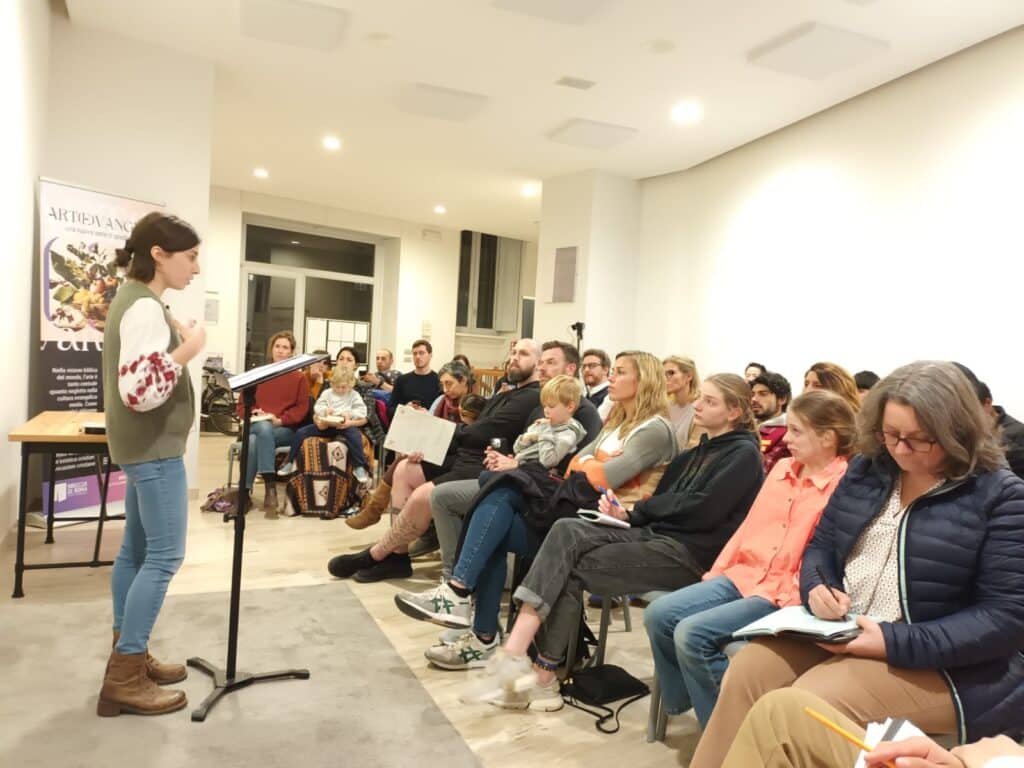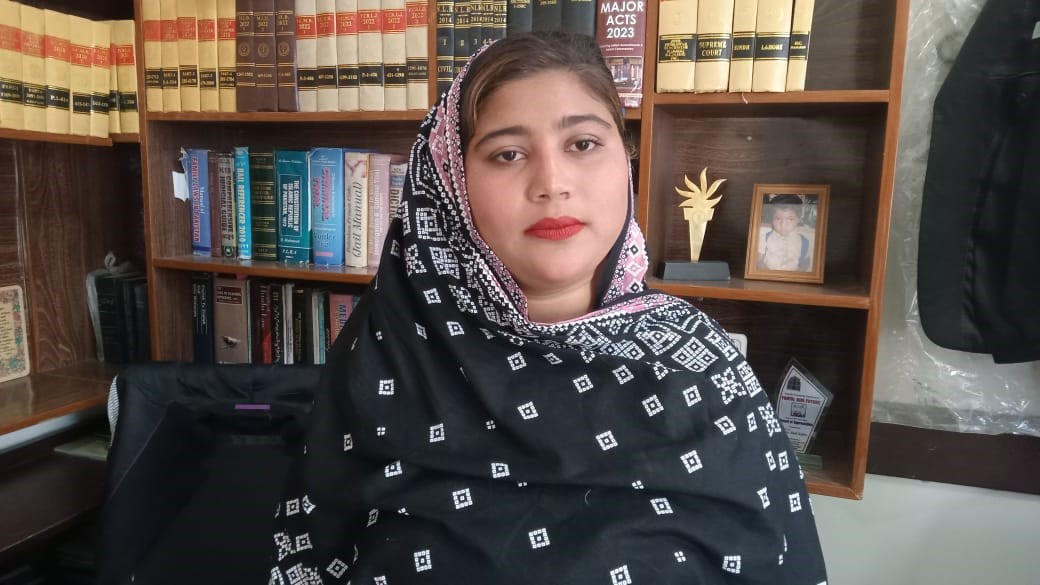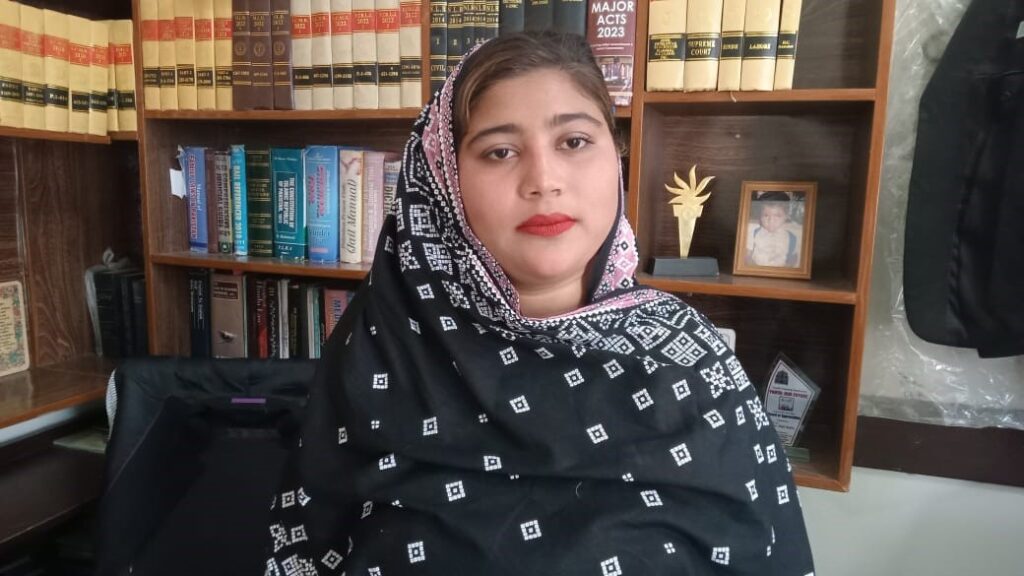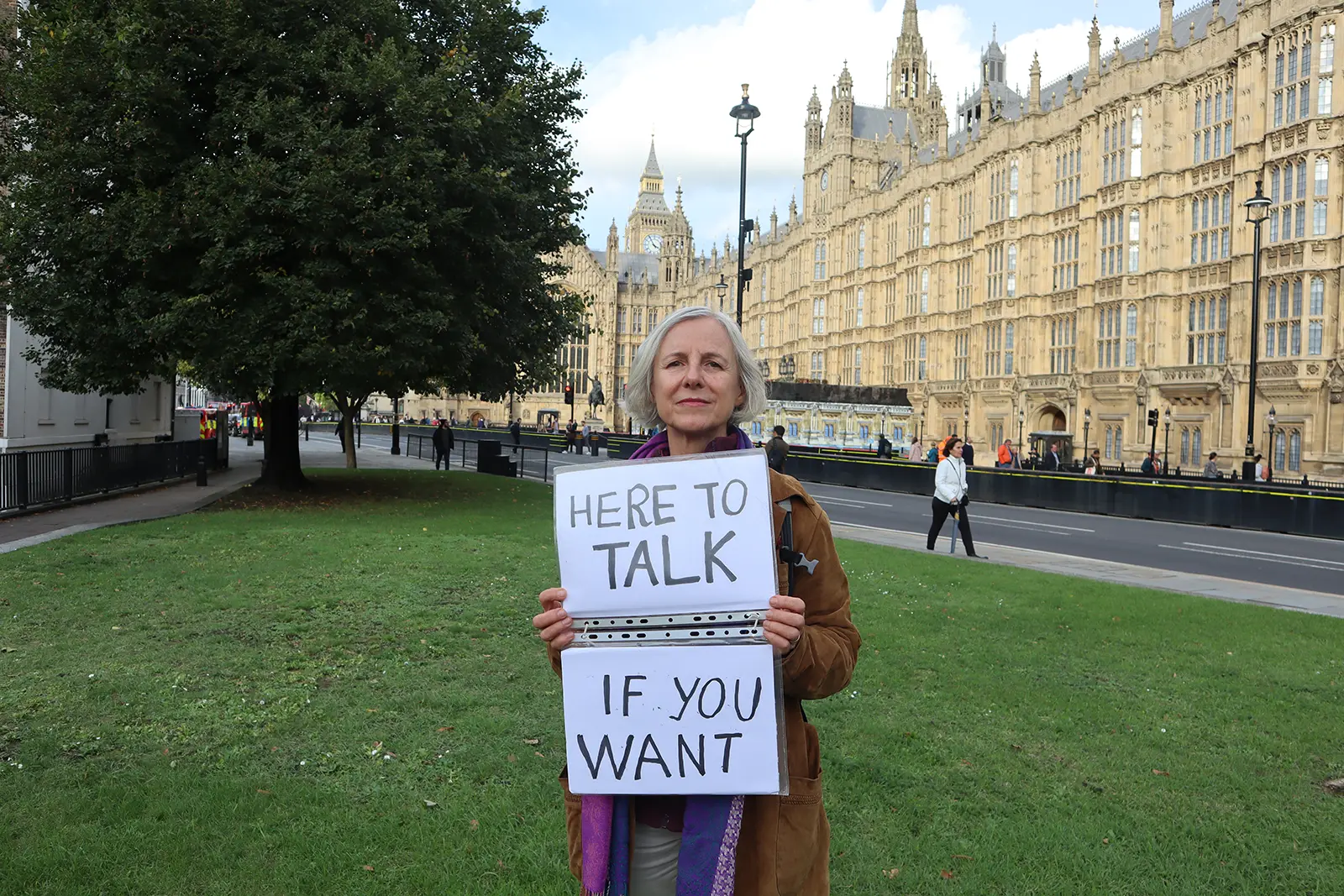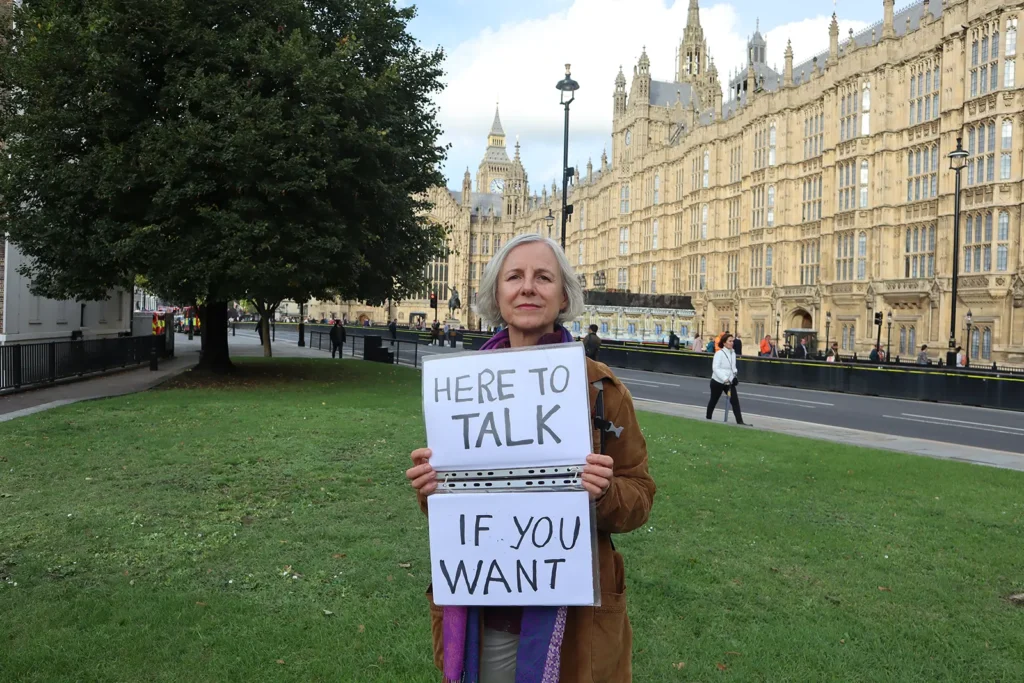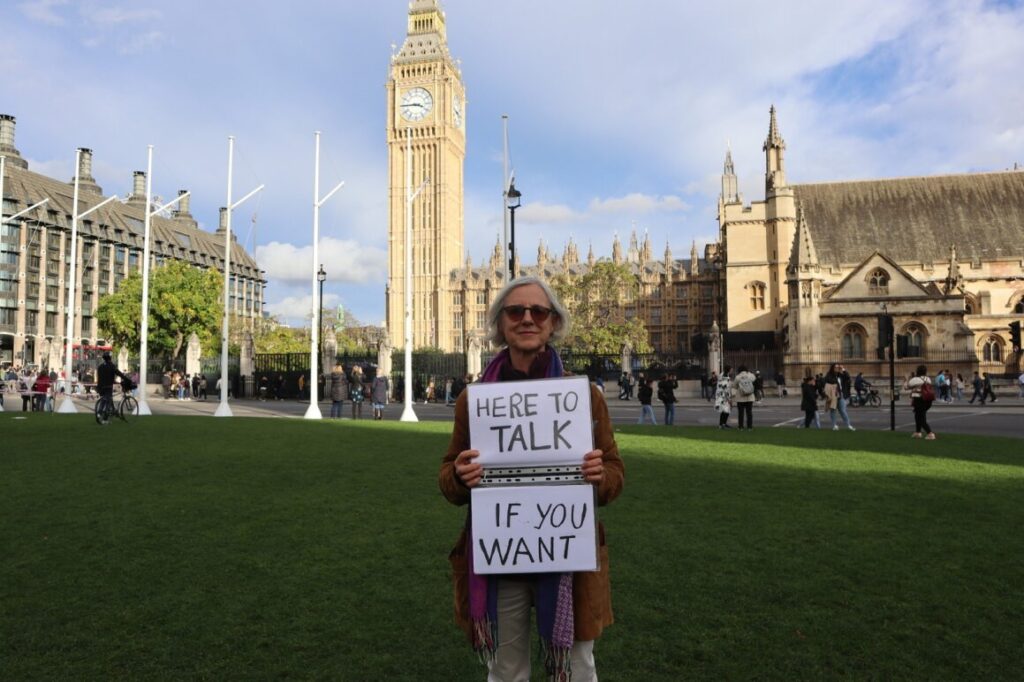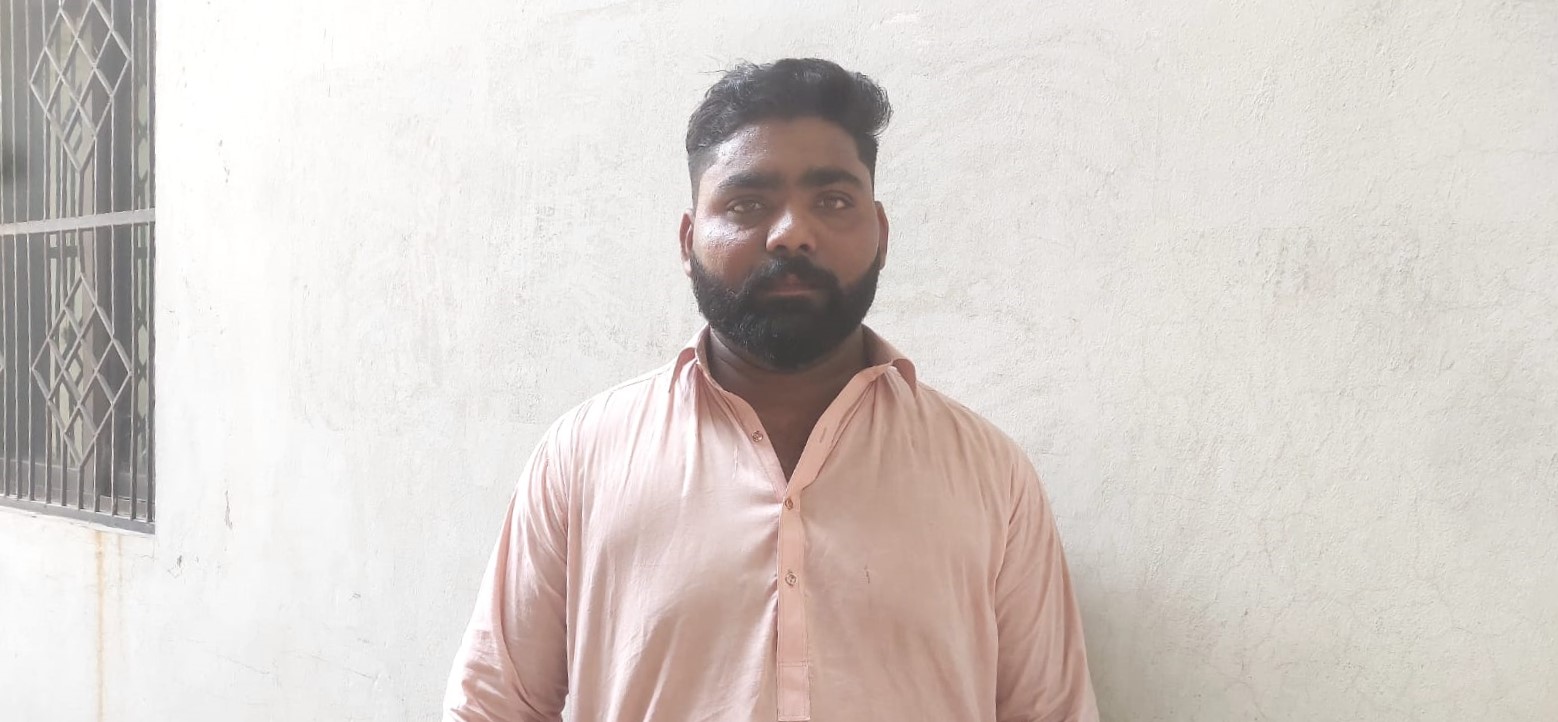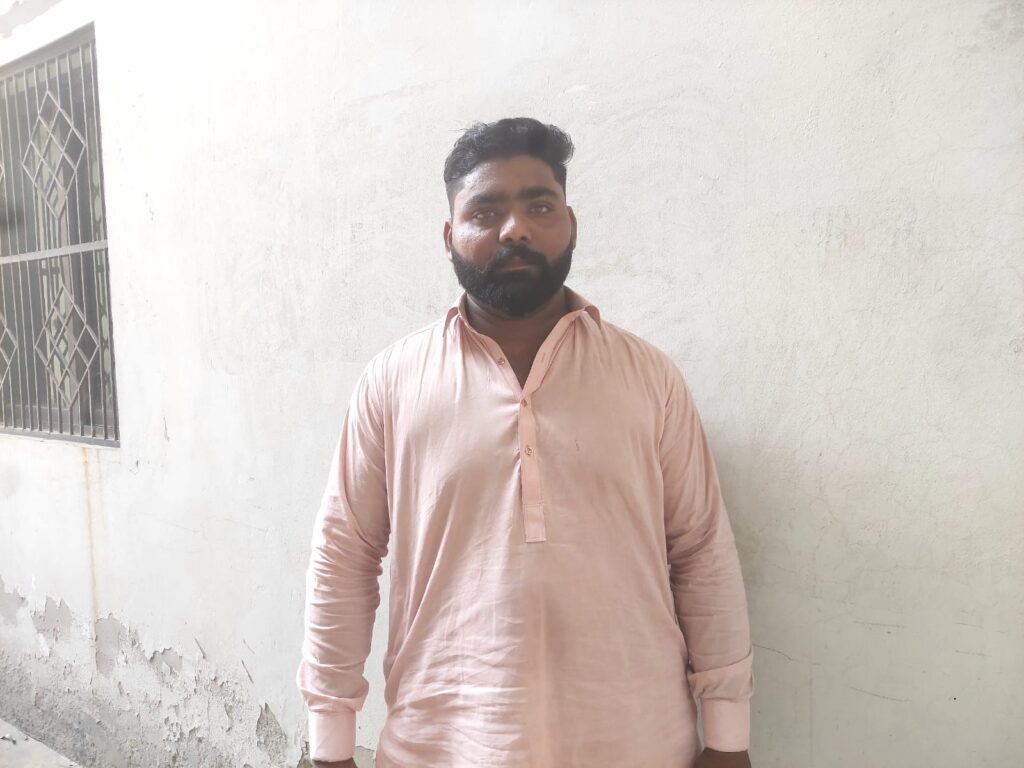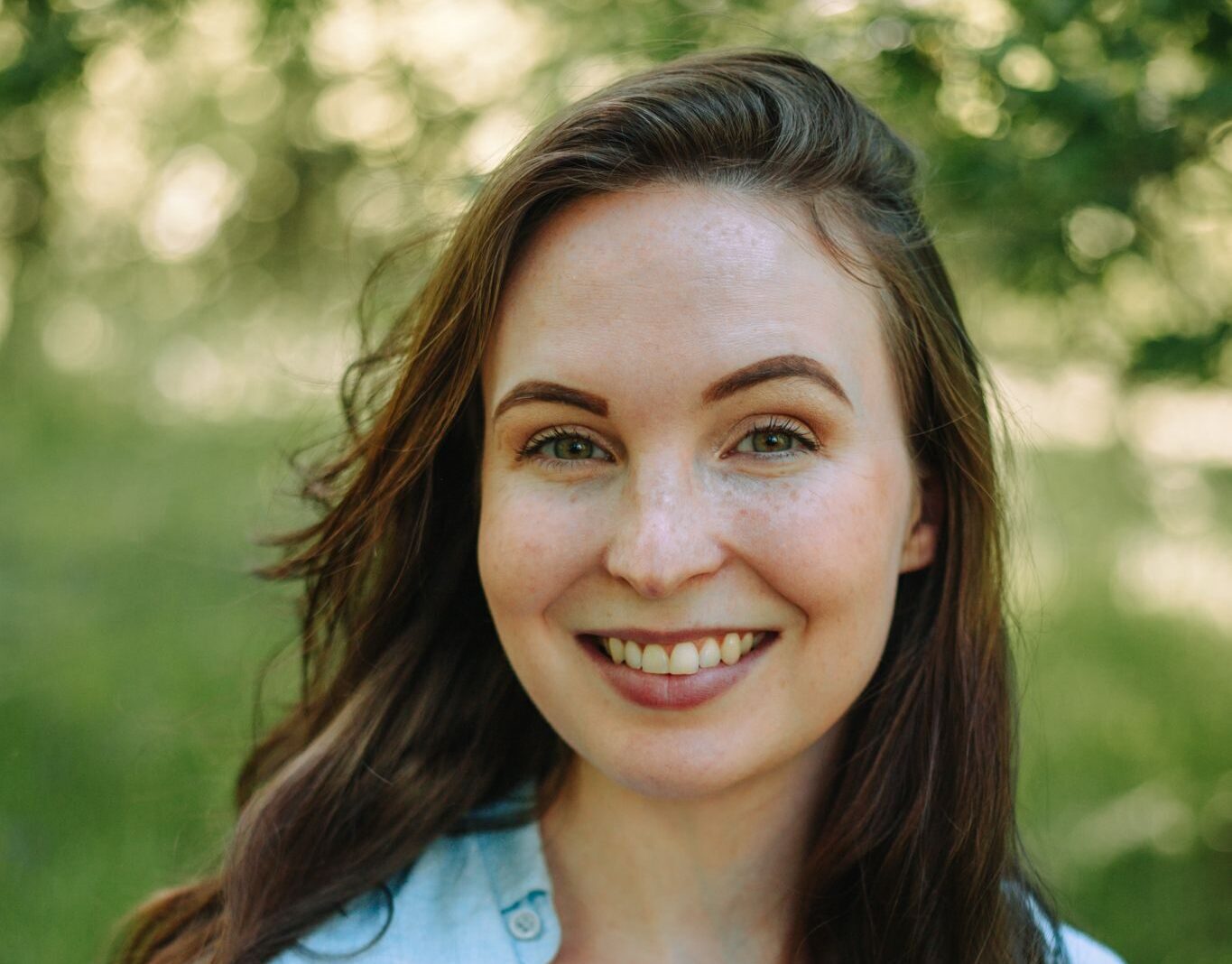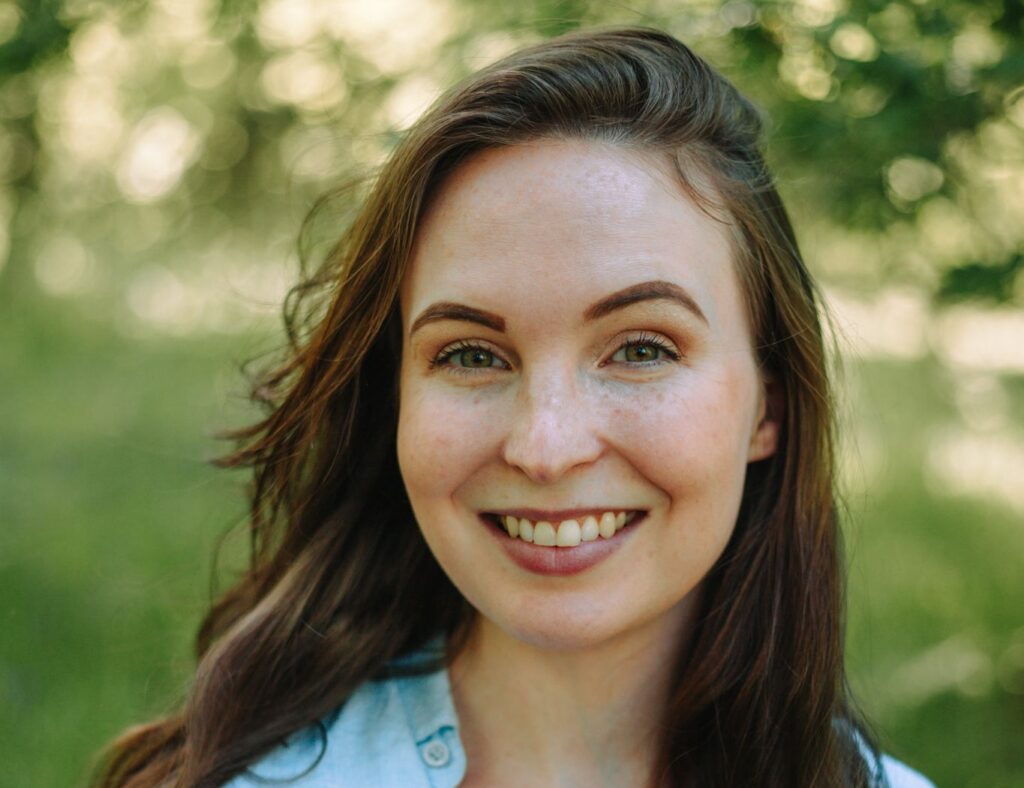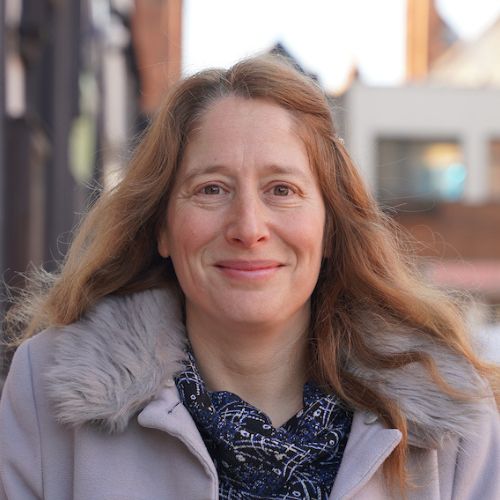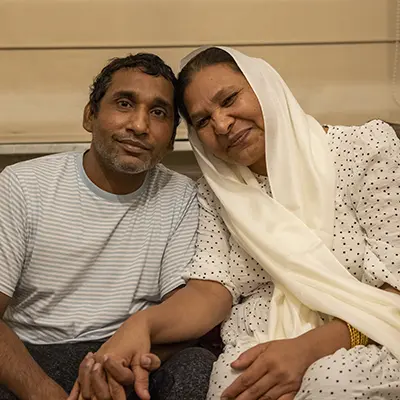- CASE CONTINUES: Musk’s “X” and Canadian campaigner “Billboard Chris” challenge Australian “eSafety Commissioner” for censoring online post criticizing gender ideology
- Testifying, campaigner “Billboard Chris” tells Tribunal: “It’s damaging to teach children they are born in the wrong body”
- Post referred to controversial WHO “expert” appointee Teddy Cook by her biologically accurate pronouns
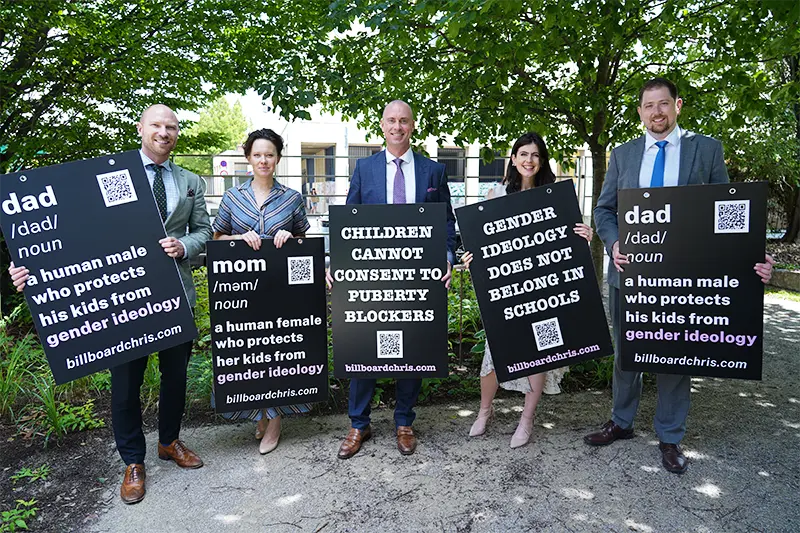
MELBOURNE (2 April 2025) – The Australian eSafety Commissioner has argued that a post using the biologically-accurate pronouns of a transgender activist was “likely …intended to have an effect of causing serious harm” and should therefore be subject to state-enforced censorship, before the Administrative Review Tribunal in Melbourne this week.
The post in question, which was subject to a “removal notice” at the hands of the eSafety Commissioner in April 2024, shared a Daily Mail article headlined “Kinky secrets of UN trans expert REVEALED: Australian activist plugs bondage, bestiality, nudism, drugs, and tax-funded sex-change ops – so why is he writing health advice for the world body?” and which included pictures posted on social media by transgender activist, and WHO expert panel appointee, Teddy Cook.
The takedown order is being legally challenged by Elon Musk’s platform “X”, and by the author of the post, Chris Elston, known as “Billboard Chris” online.
ADF International and the Human Rights Law Alliance are supporting Elston’s legal case.
“It’s damaging to teach children they are born in the wrong body…Children are beautiful just as they are. No drugs or scalpels needed.”
- Chris Elston ("Billboard Chris")
“I want everyone to think for themselves”
In February 2024, Canadian internet sensation and children’s safety campaigner “Billboard Chris” (Chris Elston), took to U.S. social media platform “X” to share the article, adding the comment:
“This woman (yes, she’s female) is part of a panel of 20 ‘experts’ hired by the @WHO to draft their policy on caring for ‘trans people.”
“People who belong in psychiatric wards are writing the guidelines for people who belong in psychiatric wards.”
In his evidence this week, Elston told the Tribunal that while the first sentence of the tweet was a specific comment to the Daily Mail’s story on Teddy Cook, his second sentence was intended more broadly, to make a political comment about the ideological bias present amongst those in positions of power and influence when it comes to writing gender policy around the world.
Speaking on the witness stand, Elston added:
“It’s damaging to teach children they are born in the wrong body…children are beautiful just as they are. No drugs or scalpels needed.”
Asked further about why he chose to post on this matter, Elston explained: “Because the World Health Organisation has global influence. We should have evidence-based care.”
Under cross-examination, Elston responded, “My goal is not to provoke outrage. My goal is to simply try to educate people, and encourage discussion. I want everyone to think for themselves.”
Freedom of political communication is protected as an implied right under the Australian Constitution.
Defining “serious harm” to justify censorship
In accordance with Australia’s Online Safety Act 2021, the eSafety Commissioner seeks to prove that Chris Elston’s post constitutes “cyber abuse material directed at an Australian adult”, including that it “was likely that the material was intended to have an effect of causing serious harm”.
Counsel for the eSafety Commissioner has suggested that Elston’s post could meet this threshold.
Expert witness, consultant medical psychiatrist Dr. Jill Redden, testified that using biologically-accurate pronouns for somebody identifying as transgender could cause “irritation” and upset, but would not likely cross the statutory threshold to constitute “serious harm”.
When asked how long one might expect to experience serious psychological symptoms of that severity, Dr. Redden answered “several months”. Elston’s counsel pointed out that Teddy Cook had professed on an Instagram post to be “living my best life” just nine days after the X post at the centre of this case was published.
Media professor testifies that biologically accurate pronouns are “anti-science”
The eSafety Commissioner called Professor Rob Cover of the Royal Melbourne Institute of Technology, a Professor of Digital Communication, as an expert witness.
Professor Cover testified that he believes it is “harmful”, “offensive”, “untruthful”, “rude” and “anti-science” to use biologically accurate pronouns when referring to a person who identifies as transgender.
He added that using sex-based language “adds to a kind of anti-trans rhetoric which is a common kind of misinformation…online and offline”.
Cover considers his personal view to be “informed by science” and by “the truth of the person which wishes to be identified in that way in accordance with their reality.”
Robert Clarke, Director of Advocacy for ADF International, which is backing Elston’s legal defence, said:
“The decision of Australian authorities to prevent Australian citizens from hearing and evaluating information about gender ideology is a patronizing affront to the principles of democracy.
“The confidence of the Australian eSafety commissioner to censor citizens of Canada on an American platform, shows the truly global nature of the free speech crisis.
“Speaking up for free speech is critical at this juncture, and we’re proud to be backing Billboard Chris as he does just that.”
Members of the public are invited to support Chris’s legal case here: https://adfinternational.org/campaign/support-billboard-chris
Images for free use in print or online in relation to this story only
Pictured: “Billboard Chris” (Chris Elston); Chris Elston with the ADF International team supporting his case

